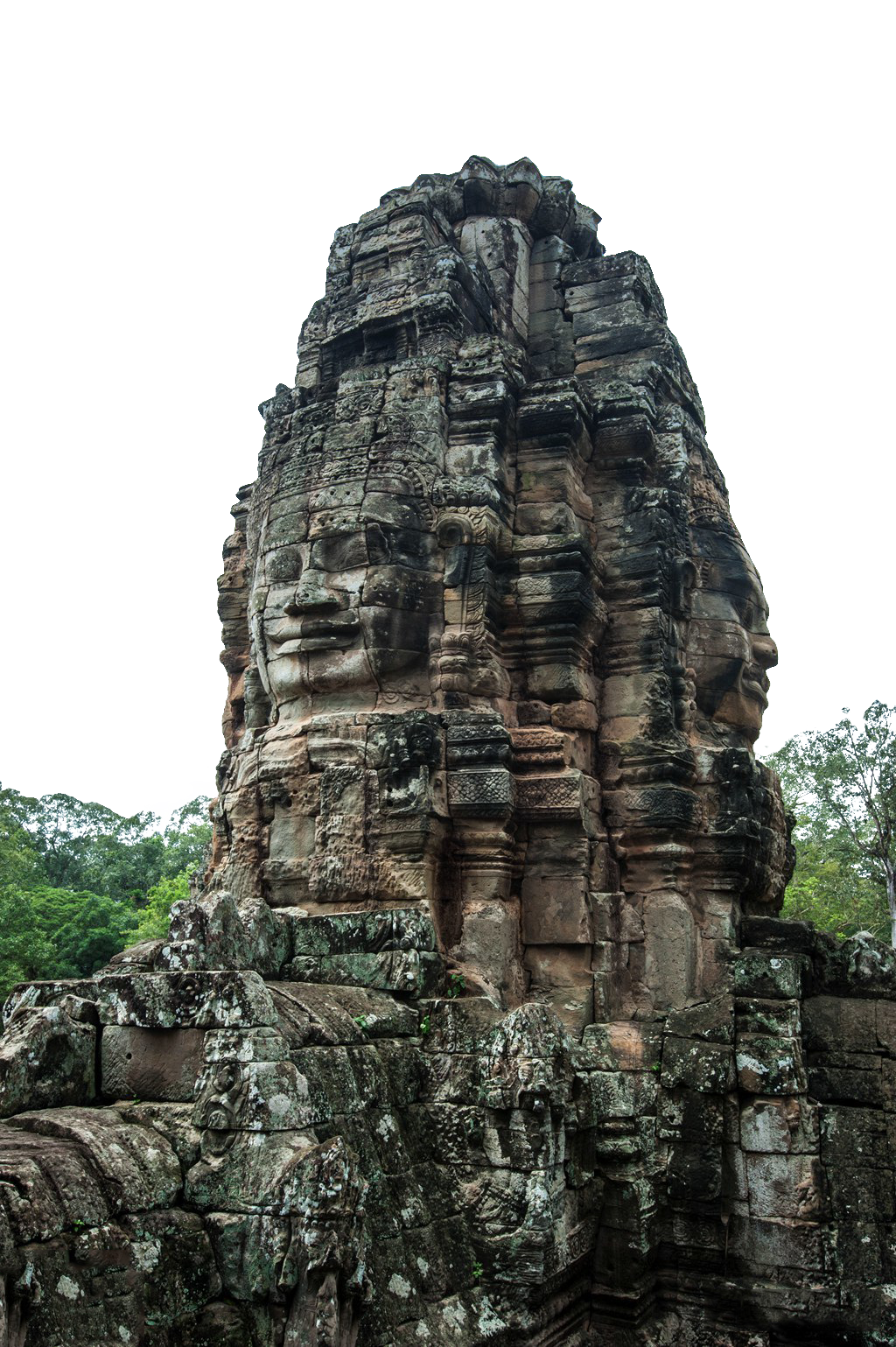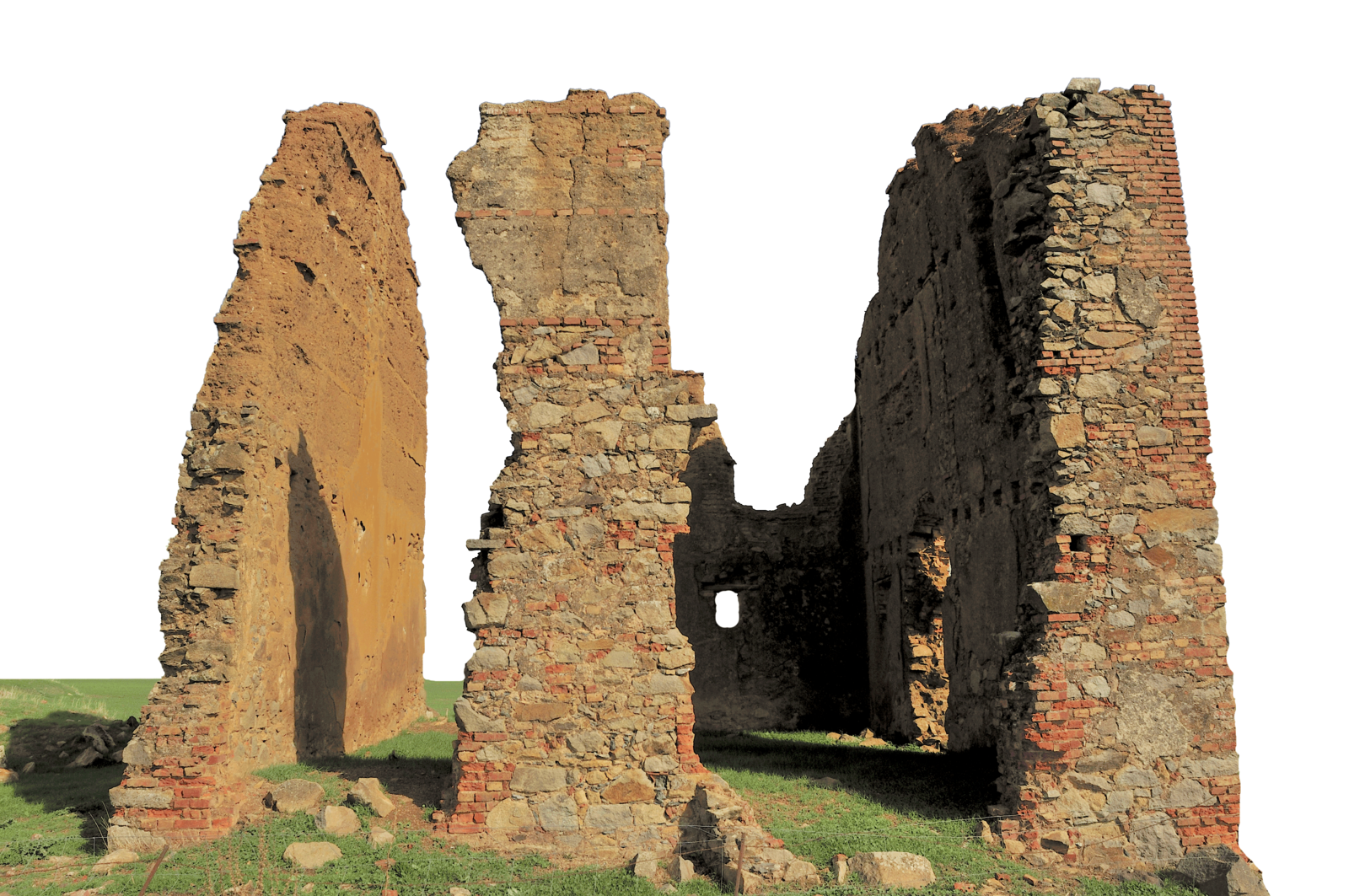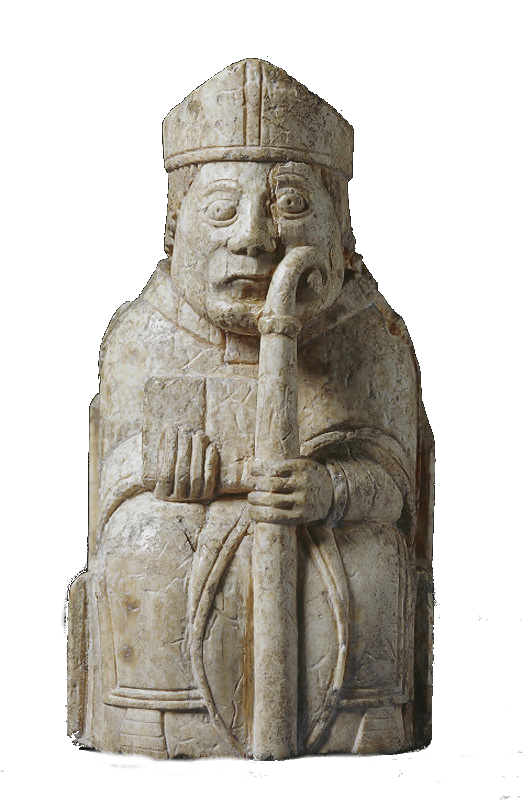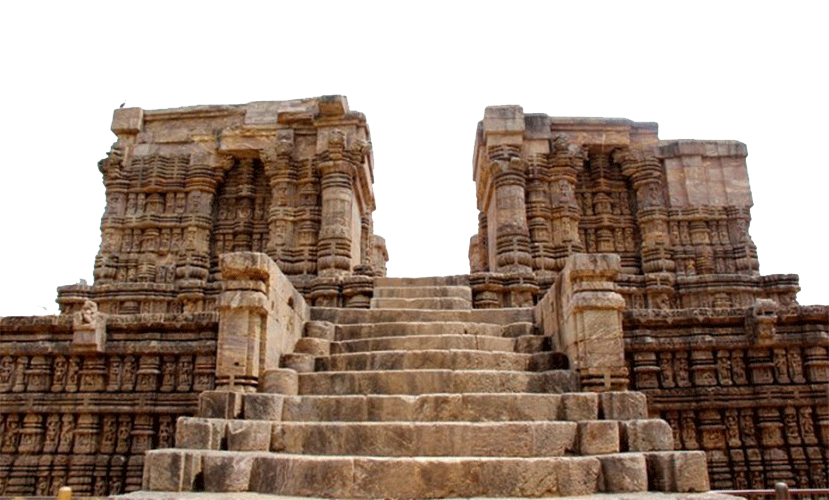Archaeology
Welcome to c/Archaeology @ Mander.xyz!
Shovelbums welcome. 🗿

Notice Board
This is a work in progress, please don't mind the mess.
- 2023-06-15: We are collecting resources for the sidebar!
- 2023-06-13: We are looking for mods. Send a dm to @[email protected] if interested!
About
Archaeology or archeology[a] is the study of human activity through the recovery and analysis of material culture. The archaeological record consists of artifacts, architecture, biofacts or ecofacts, sites, and cultural landscapes.
Archaeology has various goals, which range from understanding culture history to reconstructing past lifeways to documenting and explaining changes in human societies through time.
The discipline involves surveying, excavation, and eventually analysis of data collected, to learn more about the past. In broad scope, archaeology relies on cross-disciplinary research. Read more...
Rules
- Don't throw mud. Be kind and remember the human.
- Keep it rooted (on topic).
- No spam.
- No pseudoscience/pseudoarchaeology.

Links
Archaeology 101:
Get Involved:
University and Field Work:
- Archaeological Fieldwork Opportunities Bulletin
- University Archaeology (UK)
- Black Trowel Collective Microgrants for Students
Jobs and Career:
Professional Organisations:
- Chartered Institute for Archaeologists (UK)
- BAJR (UK)
- Association for Environmental Archaeology
- Archaeology Scotland
- Historic England
FOSS Tools:
- Diamond Open Access in Archaeology
- Tools for Quantitative Archaeology – in R
- Open Archaeo: A list of open source archaeological tools and software.
- The Open Digital Archaeology Textbook
Datasets:
Fun:
Other Resources:

Similar Communities
Sister Communities
Science and Research
Biology and Life Sciences
Plants & Gardening
Physical Sciences
Humanities and Social Sciences
Memes
Find us on Reddit

view the rest of the comments
I’ve been thinking about this a lot recently. I don’t think this finding suggests that humans are innately negative forces in ecosystems, but rather that becoming indigenous to a place is a process. As people spread out to new areas, they didn’t have cultural practices that maintained historical ecological relations, and upended some of the ecology in the new places. But over time, it’s in everyone’s best interest to maintain relatively sustainable and cyclical ecological relations for long term survivalship, and that becomes part of the culture and stories, and then you get indigeneity. I think there’s no coincidence that the megafauna that still exists is primarily in the area where humans evolved (subsaharan africa). This is where people have been indigenous to the longest, perhaps before people had the means to extirpate megafauna. And once the cultural indigeneity was in place, there were reasons to not destroy megafauna populations (until the modern colonial era, at least)
In the book Sapiens, a Brief History of Humankind, Yuval Noah Harari proposes that one of the problems with humans is that we lept to the top of the foodchain too quickly. Other alpha predators like lions got there by slowly evolving over millions of years, giving themselves time to adjust to their new position and giving nature time to delevope checks and balances. For example, antelope getting faster over time.
Neither we nor nature has adjusted to the new hierarchy. We are unable and unwilling to create enough checks and balances on ourselves so we rape the environment and set whole species to extinction.
When the first humans arrived in Australia almost immediately all the large mammals were wiped out. They didn't have time to learn to fear the tiny little apes newly arrived on their shores.
An interesting point he made is that genetically we are still scavengers. The earliest tools were likely for smashing apart bones to get at the marrow, after other animals had taken their share. We still feel hunted, and it could be that a large part of anxiety and depression we see could be attributed to our insecurity at our place in the world.
If you once again look at a lion, they are full of confidence and power and all the things we expect to see in an alpha predator. Who knows how long it might take humanity to become comfortable with our place in the world. Who knows if we and the planet will be able to adapt together well enough for that to come to fruition, rather than just becoming another extinct species ourselves.